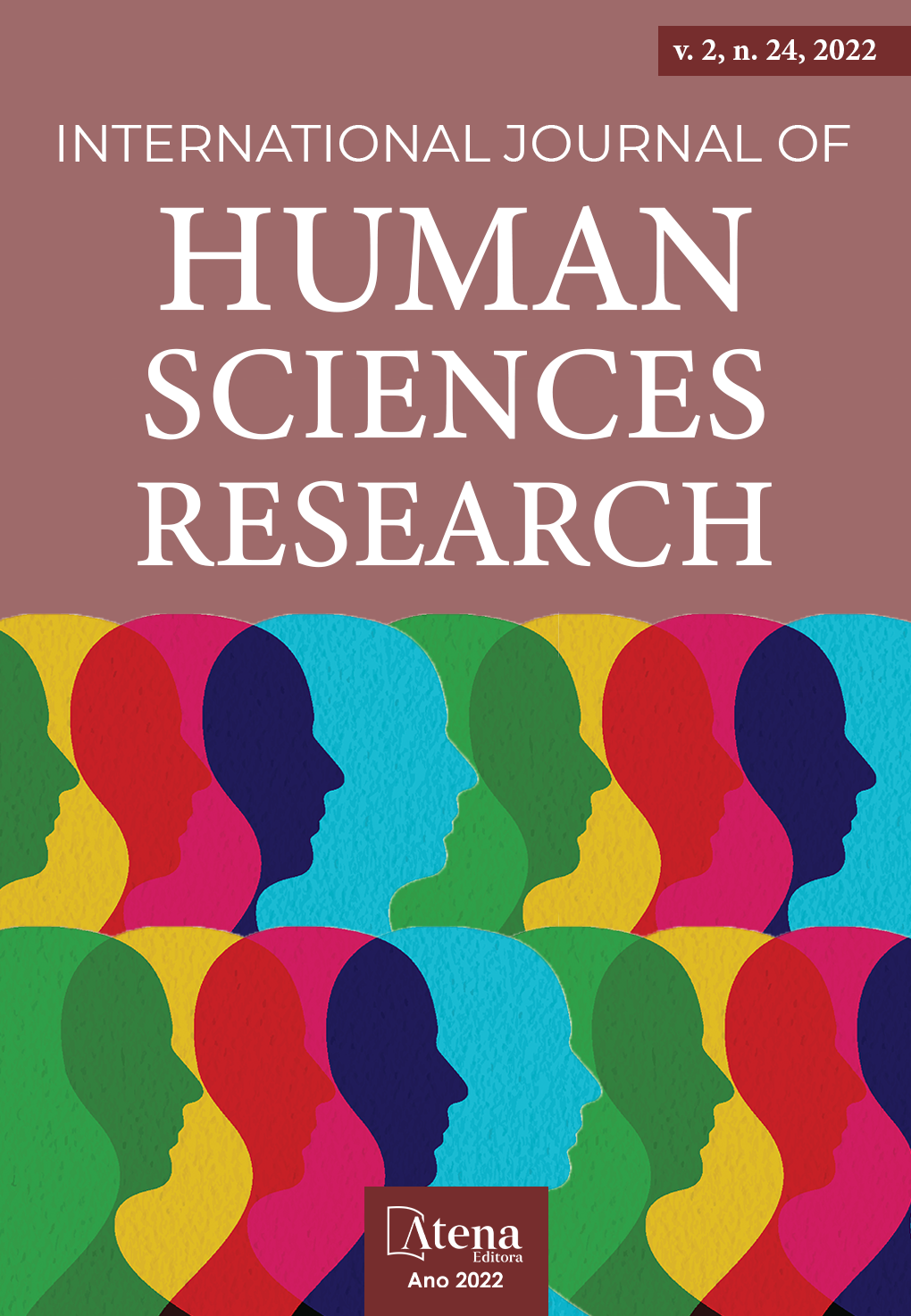
AUTONOMOUS LEARNING IN PRIMARY EDUCATION STUDENTS
E The goal of the research was to verify that the development of autonomous learning in the classroom, of fifth and sixth grade students of primary education, with the support of the teacher, contributes to academic achievement in the subject of mathematics. The problem addressed refers to the difficulty of students to self-regulate their cognitive processes, identify their needs and develop particular styles that allow them to learn by themselves. The research was developed from the quantitative approach, with the experimental method at its quasi-experimental level and a non-equivalent control group design. The control group was made up of 13 students and the experimental group by 14; in both groups a pretest and a posttest were applied. The didactic intervention to develop autonomous learning in the experimental group was configured for 42 class sessions of 50 minutes each, in congruence with the curricular contents related to the management and use of fractional numbers, located in the first trimester of the programs. current studies in fifth and sixth grades. The technique for obtaining empirical information was the goal test, which allows measuring the academic achievement of students through a mathematics exam of 29 reagents with 4 response options each. The data analysis was carried out with the support of the statistical program SPSS version 26.0 and it was concluded, with statistically significant differences between the two groups, that the experimental group registered a greater development of autonomous learning.
AUTONOMOUS LEARNING IN PRIMARY EDUCATION STUDENTS
-
DOI: 10.22533/at.ed.5582242202089
-
Palavras-chave: Autonomous learning, Learning to learn, Self-efficacy, Primary education, Academic achievement
-
Keywords: Autonomous learning, Learning to learn, Self-efficacy, Primary education, Academic achievement
-
Abstract:
E The goal of the research was to verify that the development of autonomous learning in the classroom, of fifth and sixth grade students of primary education, with the support of the teacher, contributes to academic achievement in the subject of mathematics. The problem addressed refers to the difficulty of students to self-regulate their cognitive processes, identify their needs and develop particular styles that allow them to learn by themselves. The research was developed from the quantitative approach, with the experimental method at its quasi-experimental level and a non-equivalent control group design. The control group was made up of 13 students and the experimental group by 14; in both groups a pretest and a posttest were applied. The didactic intervention to develop autonomous learning in the experimental group was configured for 42 class sessions of 50 minutes each, in congruence with the curricular contents related to the management and use of fractional numbers, located in the first trimester of the programs. current studies in fifth and sixth grades. The technique for obtaining empirical information was the goal test, which allows measuring the academic achievement of students through a mathematics exam of 29 reagents with 4 response options each. The data analysis was carried out with the support of the statistical program SPSS version 26.0 and it was concluded, with statistically significant differences between the two groups, that the experimental group registered a greater development of autonomous learning.
-
Número de páginas: 18
- Arturo Guzmán Arredondo
- Jose Manuel Martinez Ramirez


